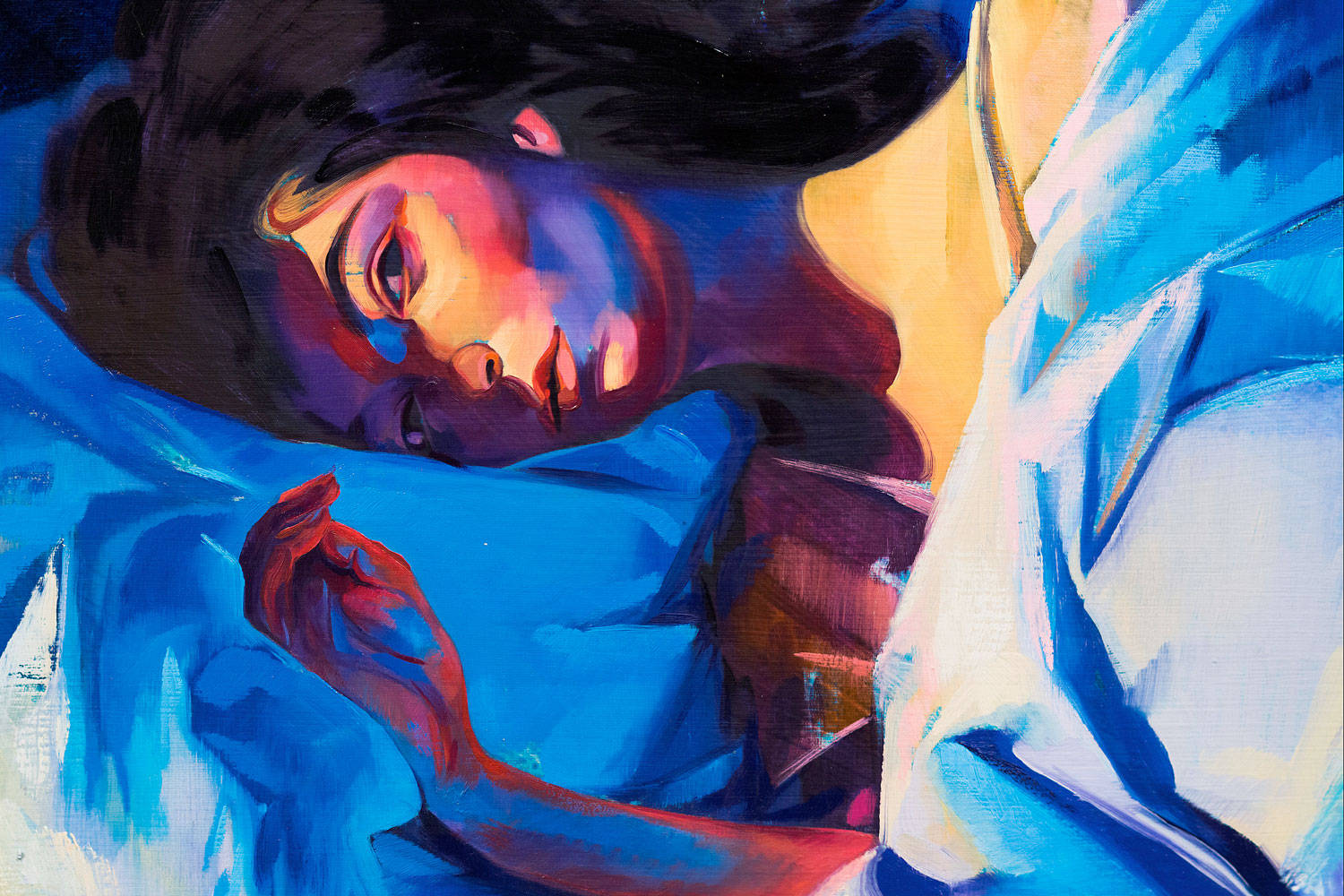If there were an album that was made to be relatable to the average uni student, it would be Lorde’s latest album, Melodrama. You could go through a list of millennial tropes and they’d all be there — messy breakup song? Check. Party song? Check. Drug use? Check. Hook ups? Check. But unlike the overly-specific faux-nostalgic pandering of The Chainsmokers, Lorde – whose real name is Ella Yelich-O’Connor – has got the special ingredients that make it work: honesty, earnestness, and just very good songwriting.
Her debut album, Pure Heroine, was released 4 years ago and was essentially about being a bit of an outsider. Things are quite different on Melodrama; she was 16 when she released Pure Heroine and now, at age 20, Melodrama is her coming-of-age confessional. Where the minimalist pop of Pure Heroine looked inward, the Jack Antonoff-co-produced orchestral pop of Melodrama bursts outward, with Ella pushing herself, baring her emotions for us all to hear.
It’s the little emotional details which make the album work so well. On ‘Liability’, she laments her fame, that she’s just “a toy / that people enjoy / til all of the tricks / don’t work anymore”. On ‘Homemade Dynamite’, she considers letting an intoxicated friend drive her home, but they end up “painted on the road / red and chrome / all the broken glass sparkling”. On ‘Sober’ she sings about how she and her (now ex-) boyfriend were “King and Queen of the weekend”, drunk on love and alcohol, but then another layer of vocals come in, asking “but what will we do when we’re sober?”
These tiny moments of honest emotion pull you in and bring you into her emotional space. We’ve all had that moment where we considered letting a drunk friend drive, or worried about our whether our hook-ups will be interested in us when we’re sober, and even though most of us aren’t famous, we all know what it feels like to believe that you’re a liability to your friends and that eventually, everyone will just get bored of you.
Sometimes it feels a little bit like we’re listening to an album of personal letters or diary entries because of how tender and intimate the songs sound. That’s also why her choosing to collaborate with Jack Antonoff (Bleachers, Fun) was perfect; at its best, is work is often described as being the musical equivalent of a John Hughes movie. He throws in little, quirky production touches, like the distorted bass on ‘The Louvre’ and the shrill, dissonant synths in ‘Hard Feelings’, which steer the material away from pop machination and toward authenticity and vulnerability.
When Yellich-O’Connor presented the lead single, ‘Green Light’, to prolific pop producer Max Martin (‘Since U Been Gone’, ‘… Baby One More Time’, ‘Teenage Dream’, amongst others), he said that it was “incorrect songwriting” — that it was mathematically wrong, that it did so any things different from the typical pop songwriting handbook that it wouldn’t—or couldn’t—be successful.

